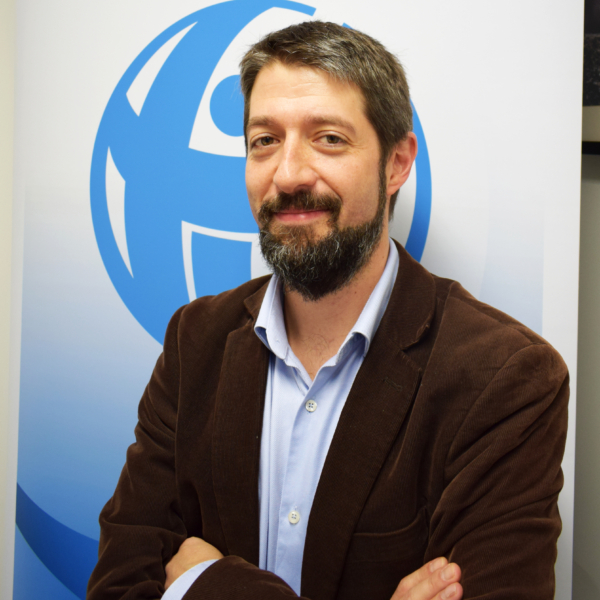Exposing corruption, maladministration and mismanagement can be a dangerous route to take! Nicole-Marie Meyer, who reported evidence of embezzlement and forgery for example, was first demoted, then harassed and ultimately dismissed from the French Civil Service, although her actions were clearly in the public’s interest.
This is just one example of many demonstrating that EU countries are still largely failing to create an environment where citizens can safely question and speak up about shady practices and suspected foul play.
In Europe, 74 per cent of those who have experienced or witnessed corruption did not report it.
So what holds people back? The risk of losing everything: their jobs, their families and their personal reputation. Only a few have the courage, stamina and perseverance to speak up helping to save millions of Euros of taxpayers’ money. Our new report Speak Up: Empowering Citizens Against Corruption that draws on experiences from our anti-corruption legal advice centres in the Czech Republic, Greece, Hungary, Ireland, Latvia, Lithuania and Luxemburg illustrates that cases vary greatly from multi-million Euro public procurement contracts in the Czech Republic to bribes demanded for passing a driving test in Hungary, and unfair retaliation against whistleblowers in Greece and Ireland. But still Europe isn’t ready to celebrate or protect whistleblowers, on the contrary: isolation and prosecution is often the answer – watch our latest comment here:
What are the key deterrents to reporting corruption in these seven EU countries?
- Practical barriers to accessing information which hampers oversight of institutions by the public
- Patchy or non-existent laws to protect whistleblowers discourage people from stepping forward to report corruption and endangers those who do
- Unclear, inefficient or poorly advertised official channels for citizens to speak up leads to confusion (49 per cent of Europeans don’t know where to report corruption even if they wanted to)
- Low trust in public institutions and their capacity to effectively tackle corruption
Through our anti-corruption advice centres, we have already assisted numerous people to find the right channels and tactics to say “no” to corruption. We believe that giving people the chance and the platform to speak up against corruption is one of the most important roles we can play as civil society.
Note from the editor: Transparency International’s anti-corruption centres are present in 62 countries around the world to provide free, confidential and professional legal advice and assistance to ensure that citizens who witness, experience or suspect corruption are able to safely report it. We provide members of the public with the necessary tools and resources to take a stand against corruption.
For more information, check out our previous posts:
The reality of being a whistleblower
EU Institutions drag their feet and still fail to protect whistleblowers





